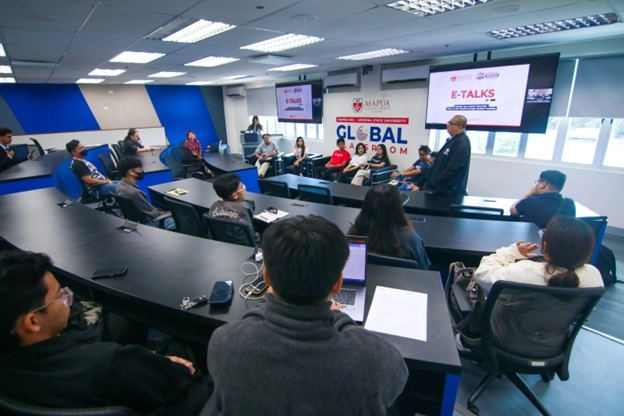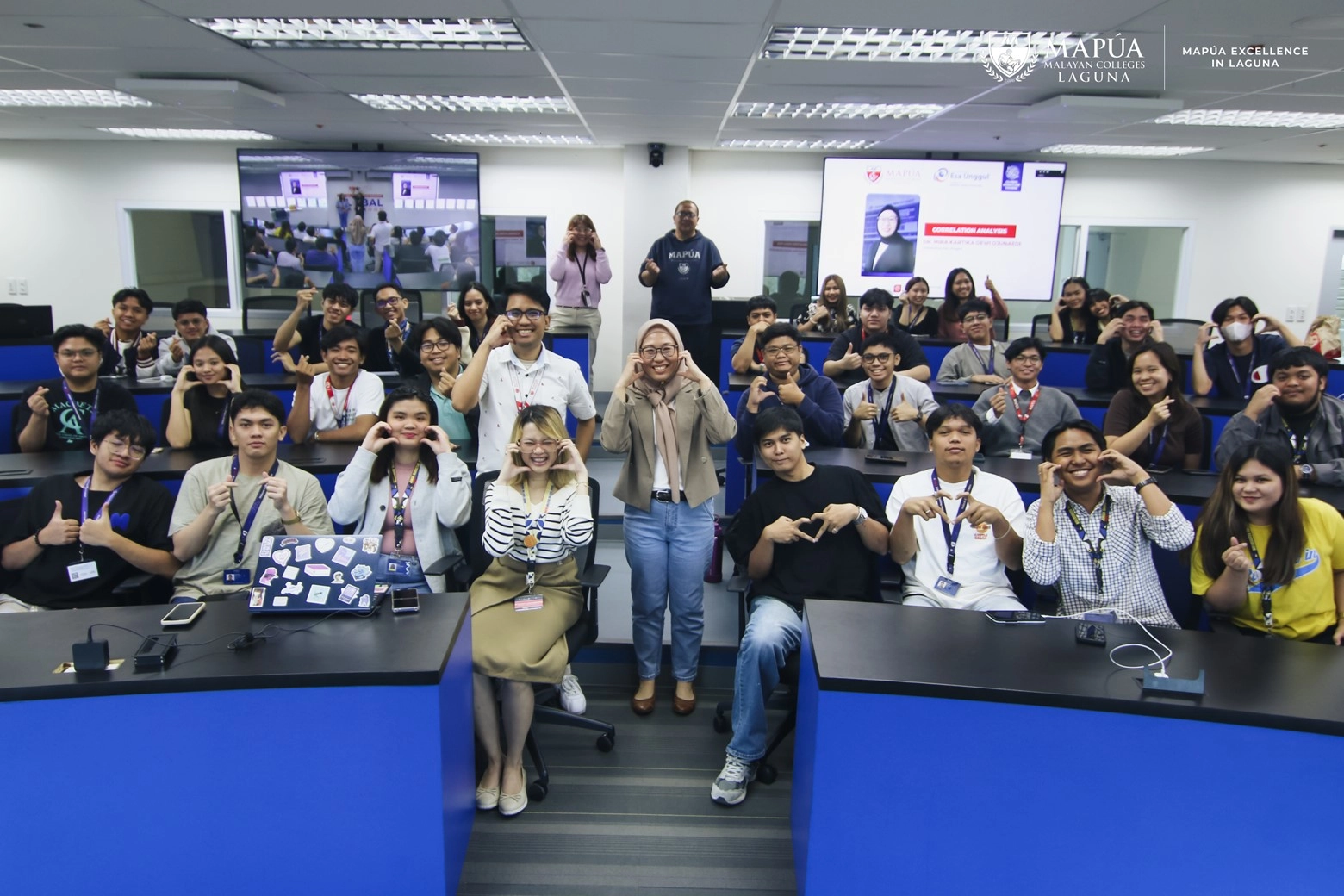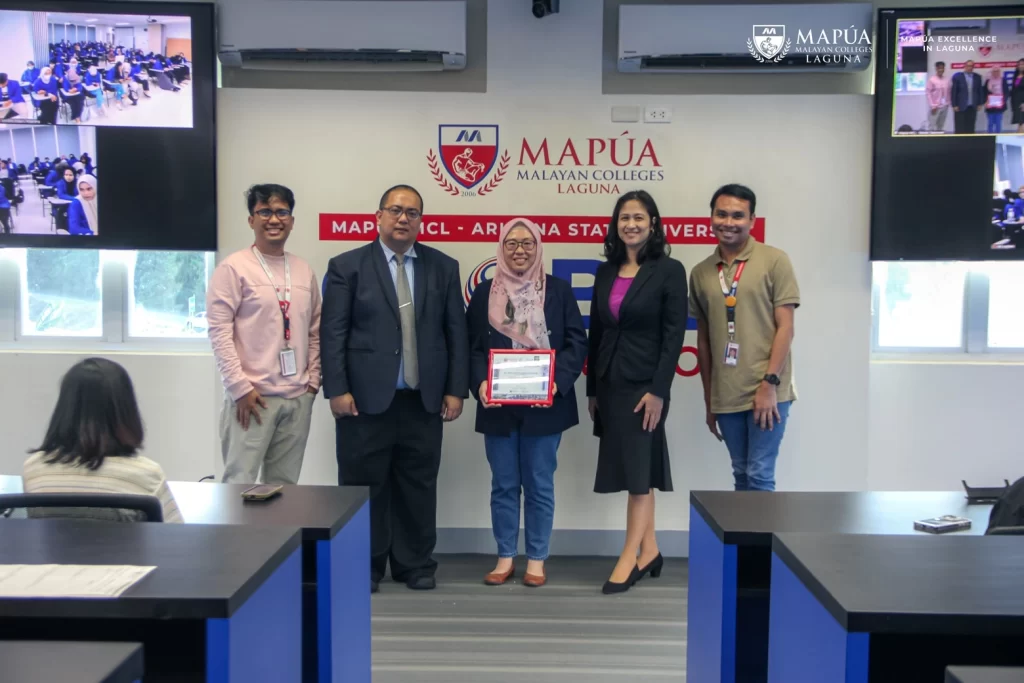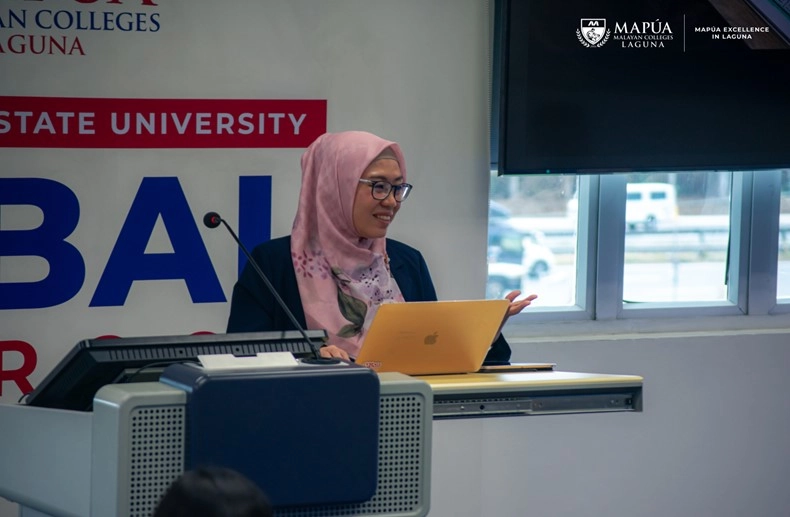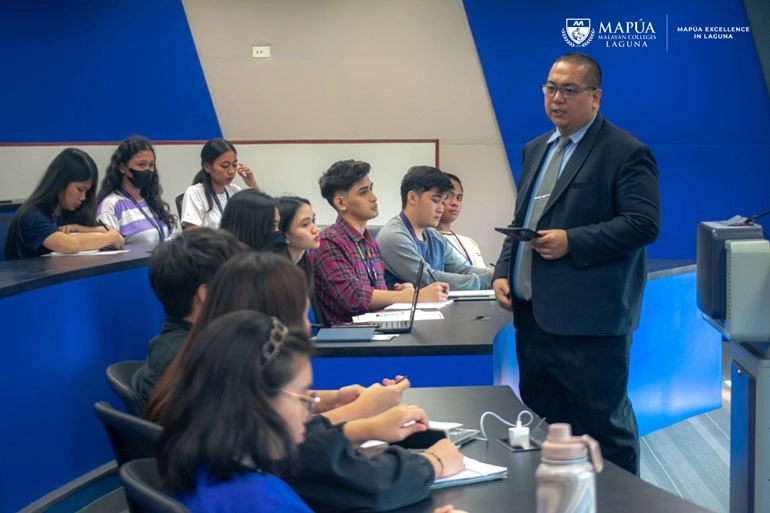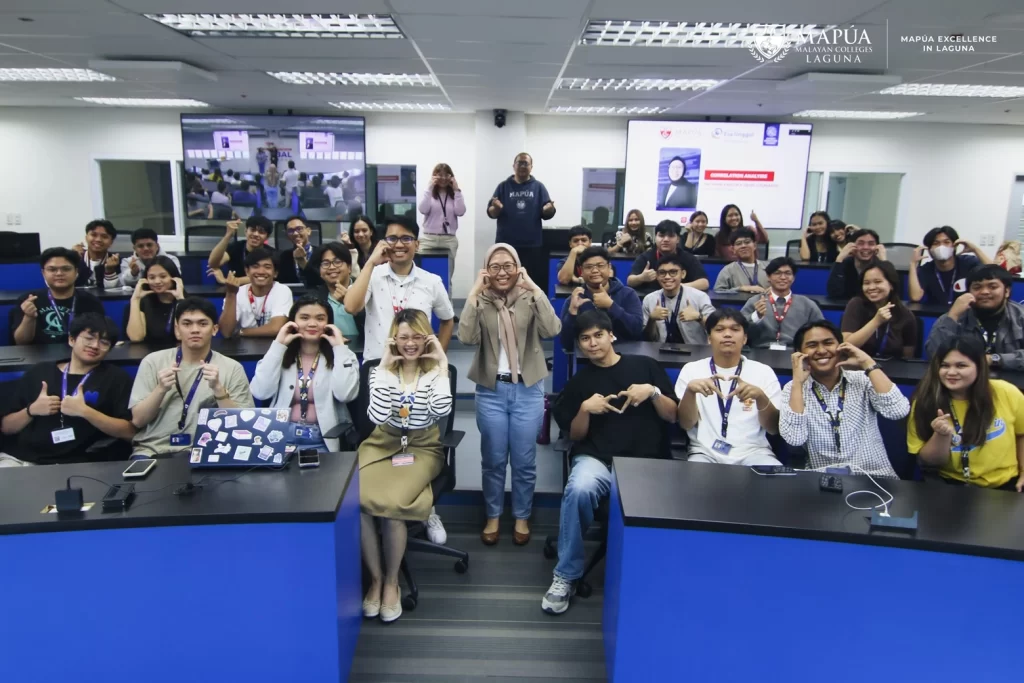Mapua MCL Joins the Quacquarelli Symonds Higher Ed Summit: APAC 2023 in Kuala Lumpur, Malaysia
In a significant milestone, Mapúa Malayan Colleges Laguna (Mapúa MCL) marked its first-ever participation as an exhibitor at the QS Higher Ed Summit: Asia Pacific 2023, held in Kuala Lumpur, Malaysia last November 7 to 9, 2023. The summit provided an unparalleled platform for academic institutions to connect, collaborate, and share insights on the future of higher education.
The Mapúa MCL delegation was represented by the Vice President for Academic Affairs, Engr. Maribel Songsong, Assistant-Vice President for External Relations and Global Linkages, Prof. James Ronald Mesina, the Director for Strategic Partnerships and Global Engagement, Ms. Pearl Stephanie Ulep, the Program Assistant for Strategic Partnerships and Global Engagement, Ms. Ivana Ruth Vidal, the College of Computer and Information Science’s Dean, Prof. Khristian Kikuchi, and the Program Chair of Computer Engineering, Engr. Maribelle Pabiania. This diverse team brought a wealth of knowledge, expertise, and a shared commitment to advancing Mapúa MCL’s academic standing on the international stage.
As an exhibitor, the institution had the opportunity to engage with numerous universities from the Asia Pacific region. The summit facilitated discussions on academic collaborations, research partnerships, and the exchange of best practices in education. The Mapúa MCL team actively participated in forums, workshops, and networking sessions, fostering connections with like-minded institutions dedicated to advancing higher education.
One of the key highlights of Mapúa MCL’s participation was the initiation of collaborations with several universities from the Asia Pacific region. The discussions ranged from joint research projects and faculty exchange programs to student mobility initiatives. These collaborations not only enhance Mapua MCL’s academic offerings but also contribute to the global exchange of knowledge and cultural diversity.
“The new partnerships and collaborations that can be generated from this event will improve the quality of instructions and research that we can share with our students. It can also open opportunities for international mobility for our students that can widen their horizons,” says Dean Kikuchi.
As the institution expands its network of partnerships with APAC universities, it paves the way for a brighter future for its students, faculty, and staff. These collaborations will provide a platform for global learning, research, and innovation, positioning Mapúa MCL as a force in higher education in the region and beyond.
Adding to the prestige of Mapua MCL’s participation, Engr. Songsong and Engr. Pabiania were featured as panel speakers at the summit. Their presentation, titled, Shaping Tomorrow’s Workforce: Best Practices in Mapua MCL’s Computer Engineering Learning Outcomes, showcased the school’s innovative approach to preparing students for the demands of the modern workplace.
Engr. Pabiania shared this remarkable experience, “Being chosen as one of the panel speakers during the summit was a very humbling and fulfilling experience for us. Upon submission to the QS portal, we were just hopeful that the proposal will be accepted, and we are so thankful because it was selected to be one of the top 20 submissions, paving the way for us to present in one of the sessions.”
“We introduced Mapúa MCL and highlighted its different teaching and learning initiatives that have been implemented, specifically in the Computer Engineering program,” Engr. Pabiania adds. Some of these initiatives were micro-credentialing, earning certifications, completing industry practicum training, and participating in community engagements and service-learning activities.
Participating in the QS Higher Ed Summit: APAC 2023 stands as a momentous occasion in the institution’s history and is a step towards solidifying its position on the global academic stage. The exposure gained from being an exhibitor has not only increased the university’s visibility but has also positioned Mapua MCL as a key player in shaping the future of higher education in the Asia Pacific region.
The collaborations initiated, the connections made, and the insightful contributions of Engr. Songsong and Prof. Pabiania during the summit highlight Mapúa MCL’s commitment to excellence in education and its proactive approach to global engagement. As Mapúa MCL continues to expand its horizons, the impact of this participation will undoubtedly resonate in the academic achievements and opportunities afforded to the Mapúa MCL community in the years to come.


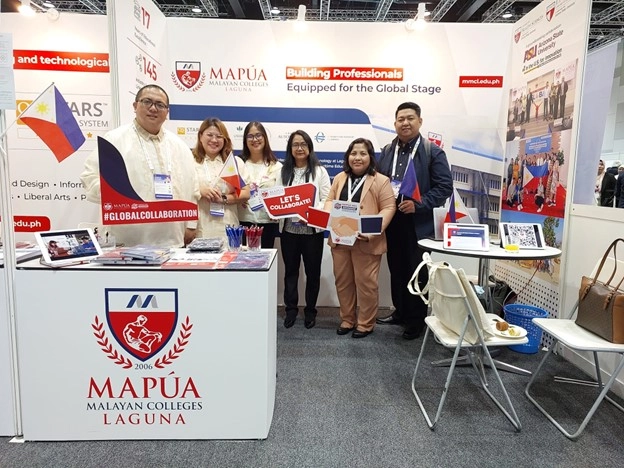
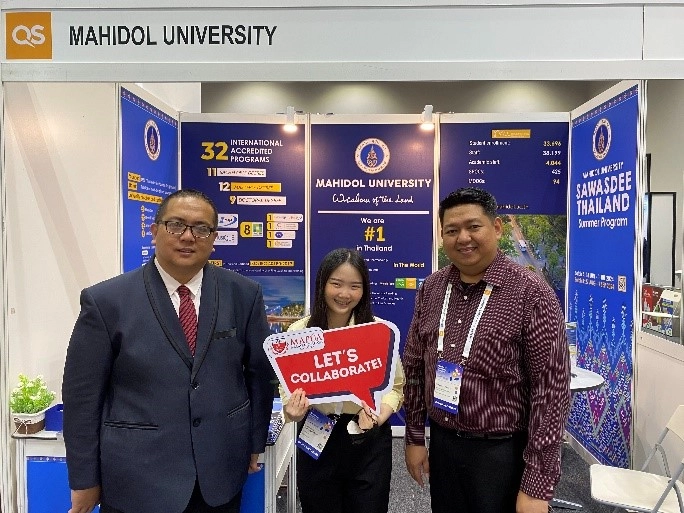
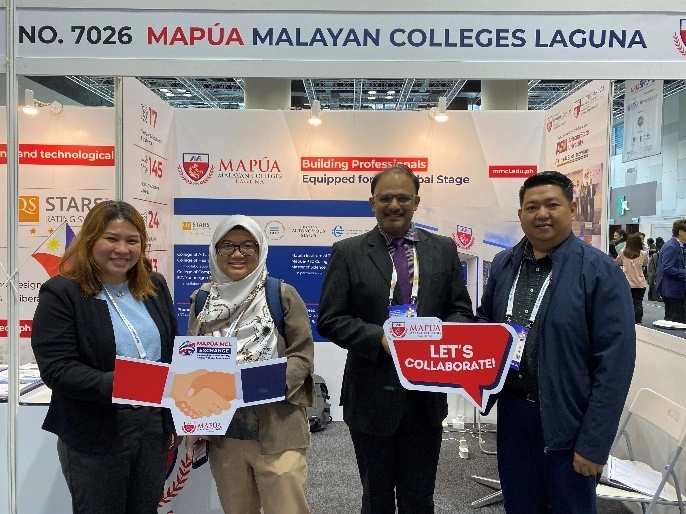
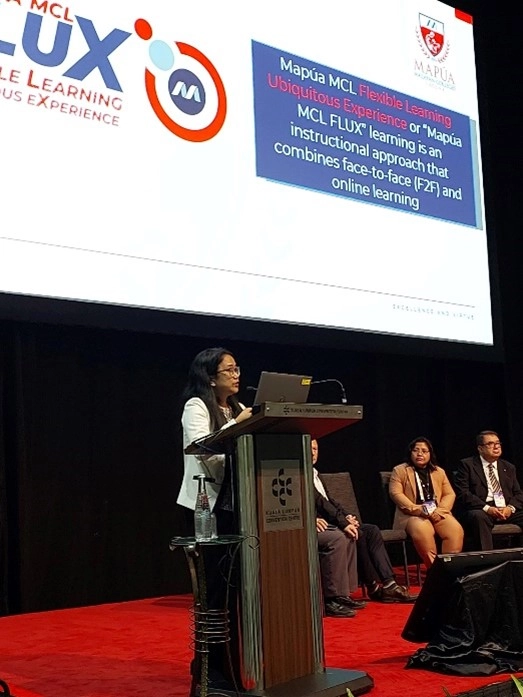
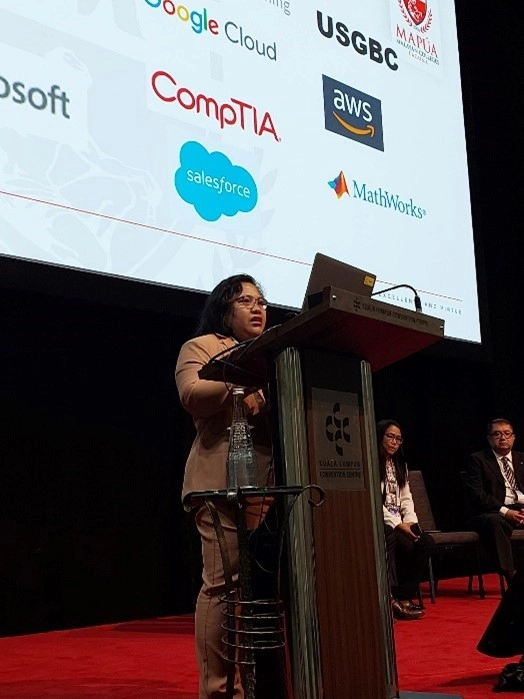
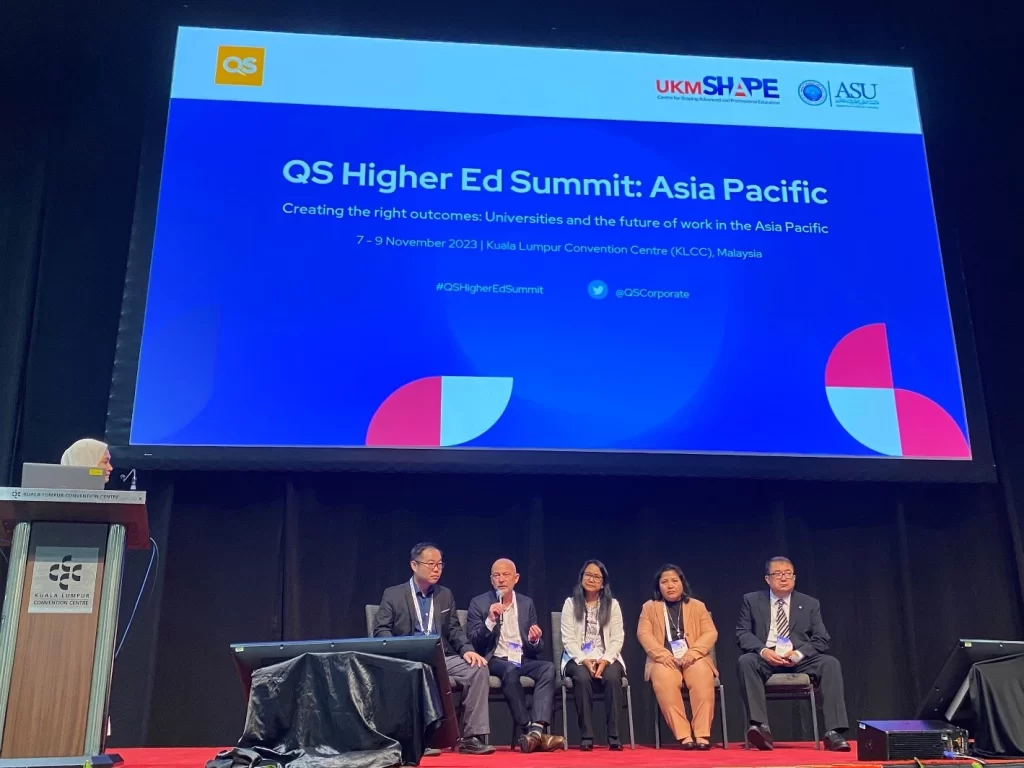
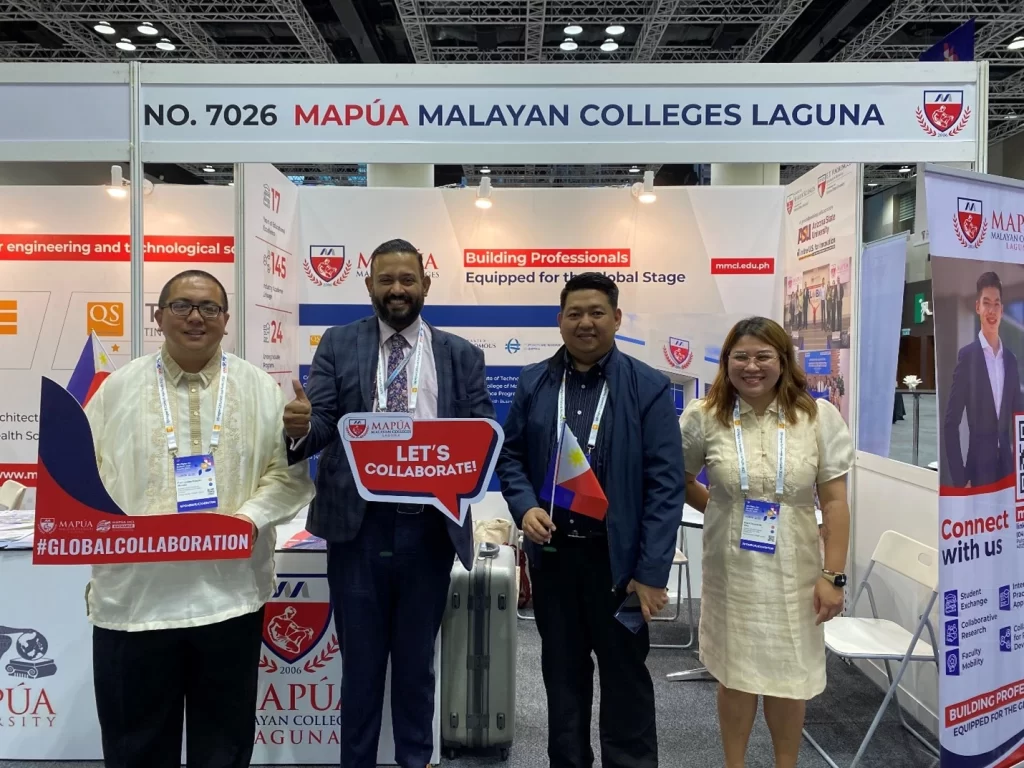
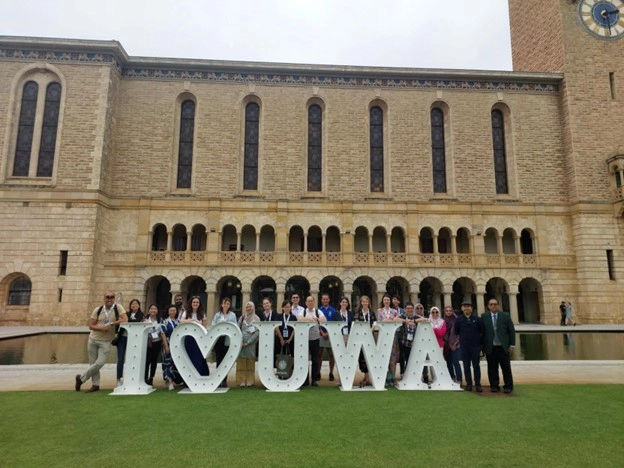
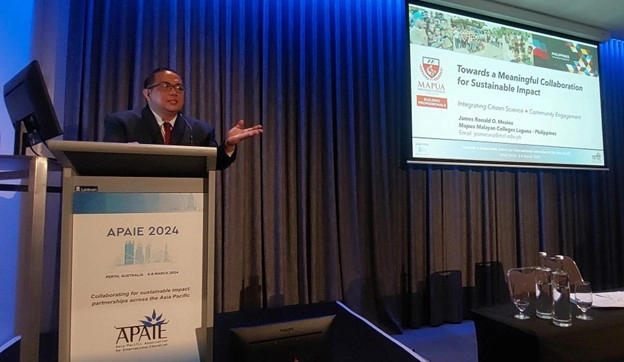
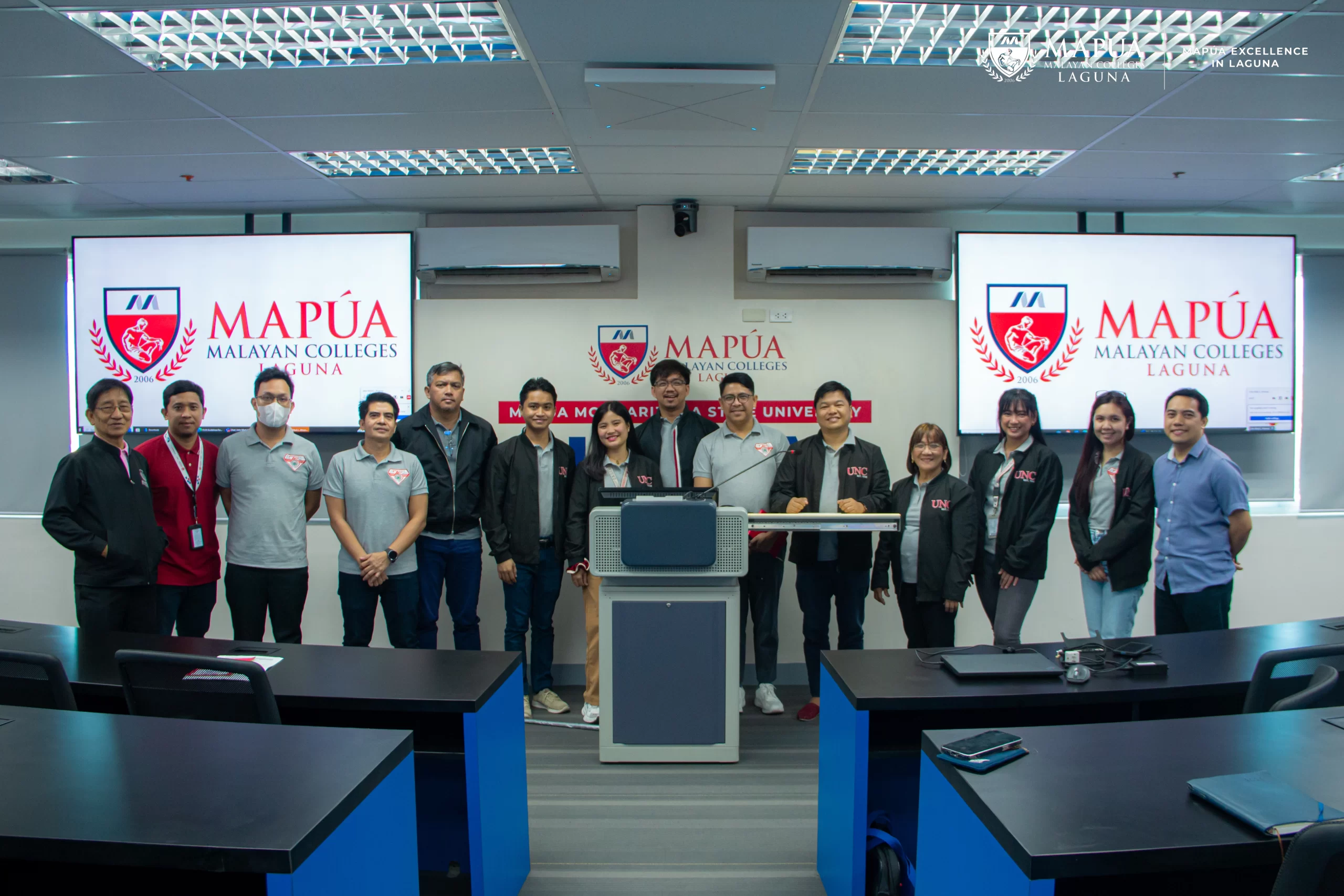
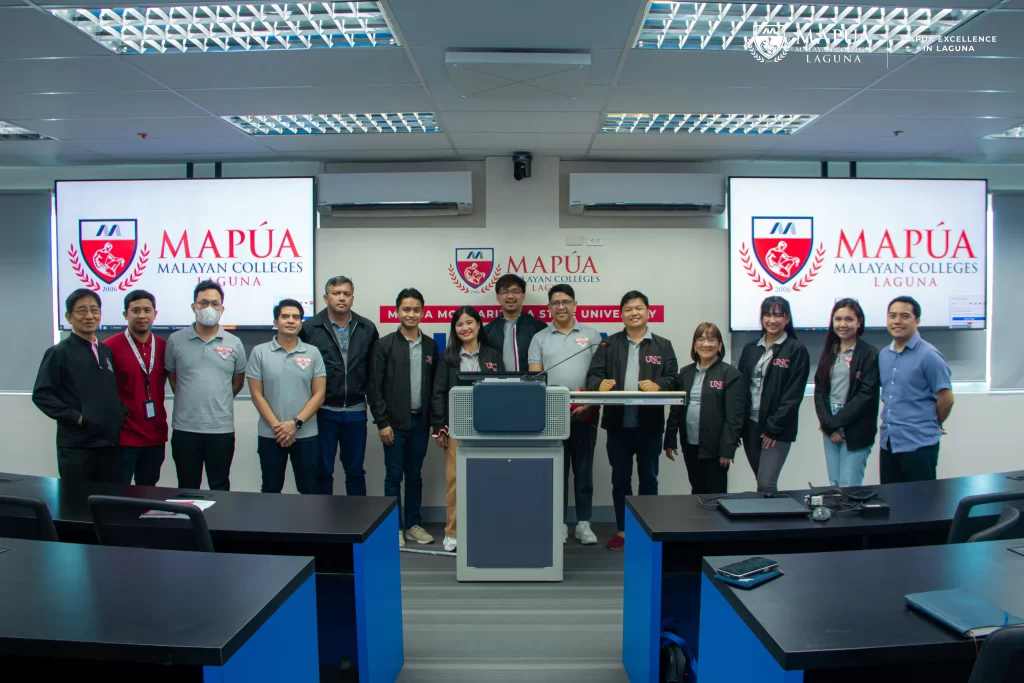
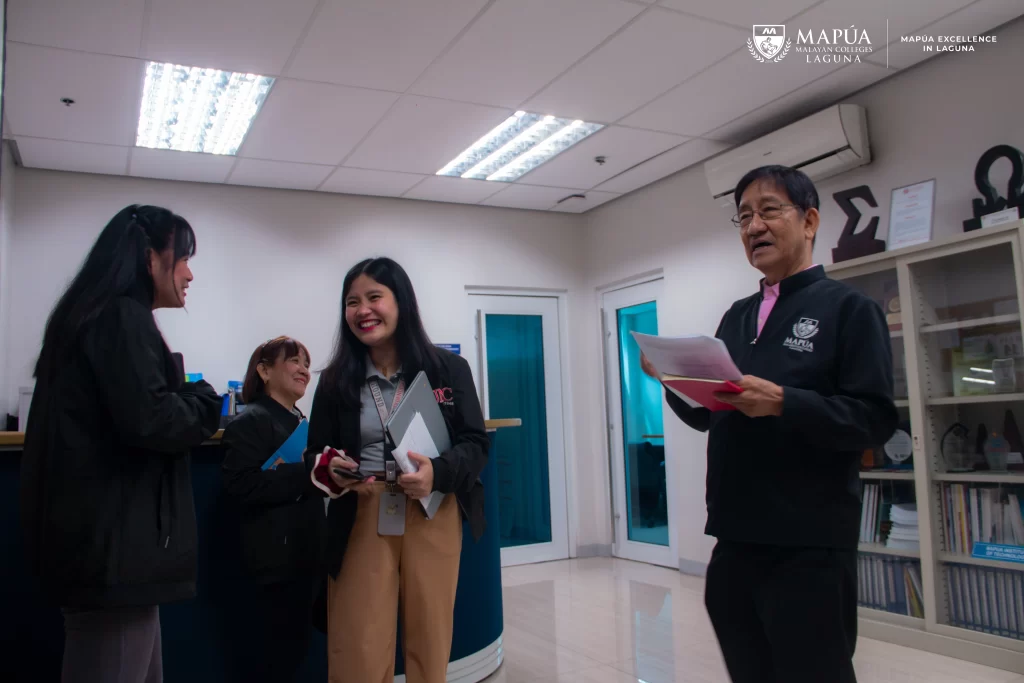
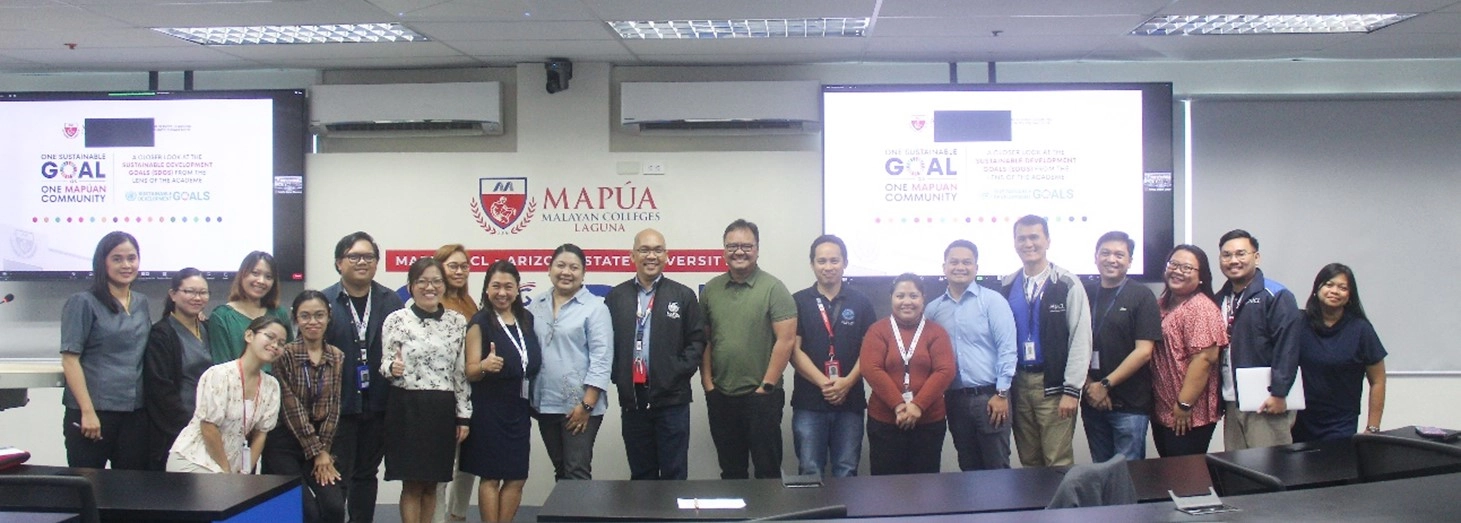
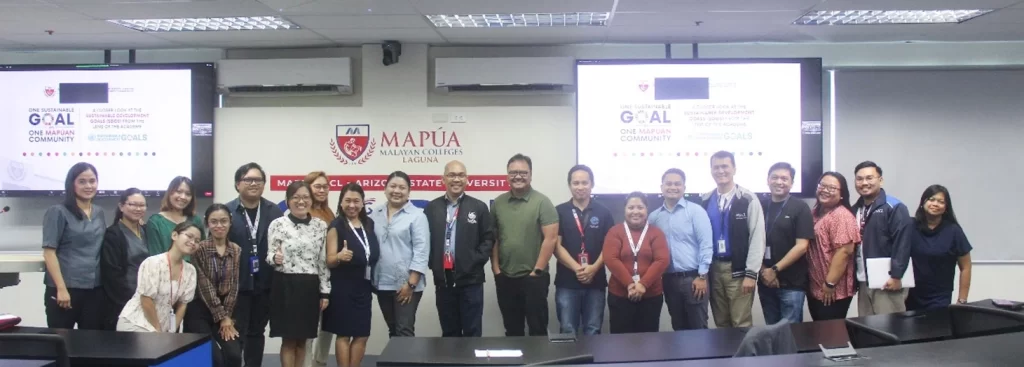
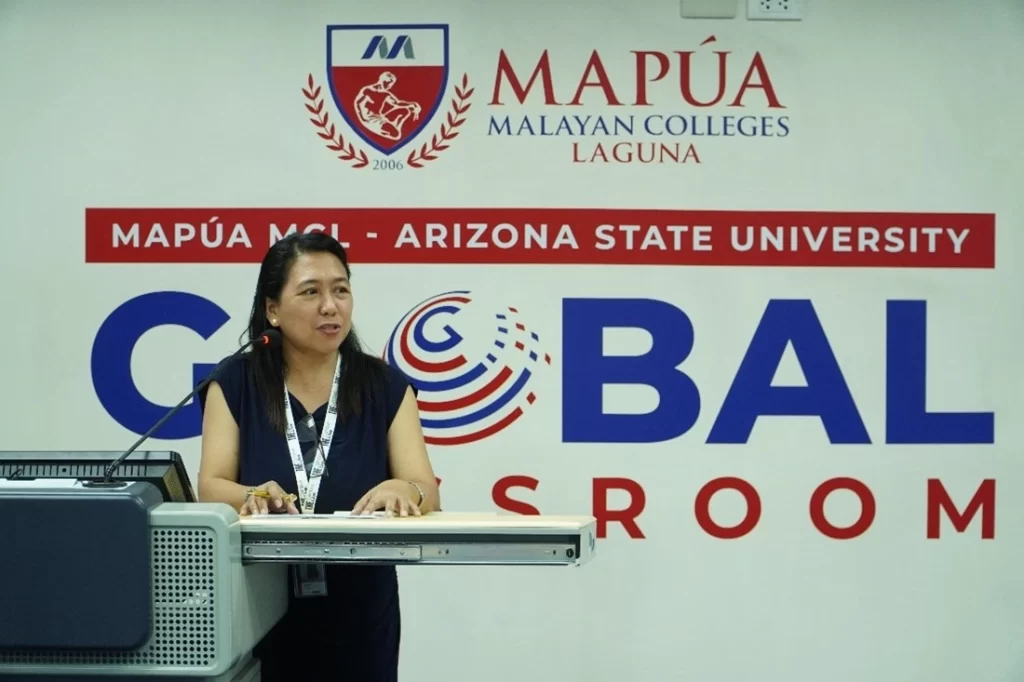
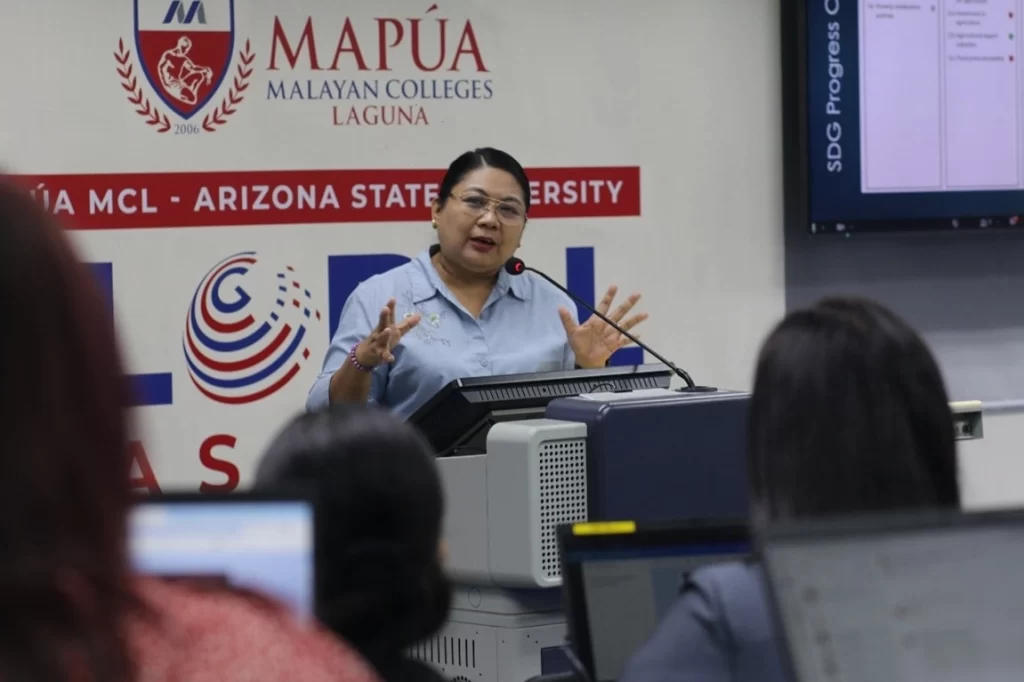
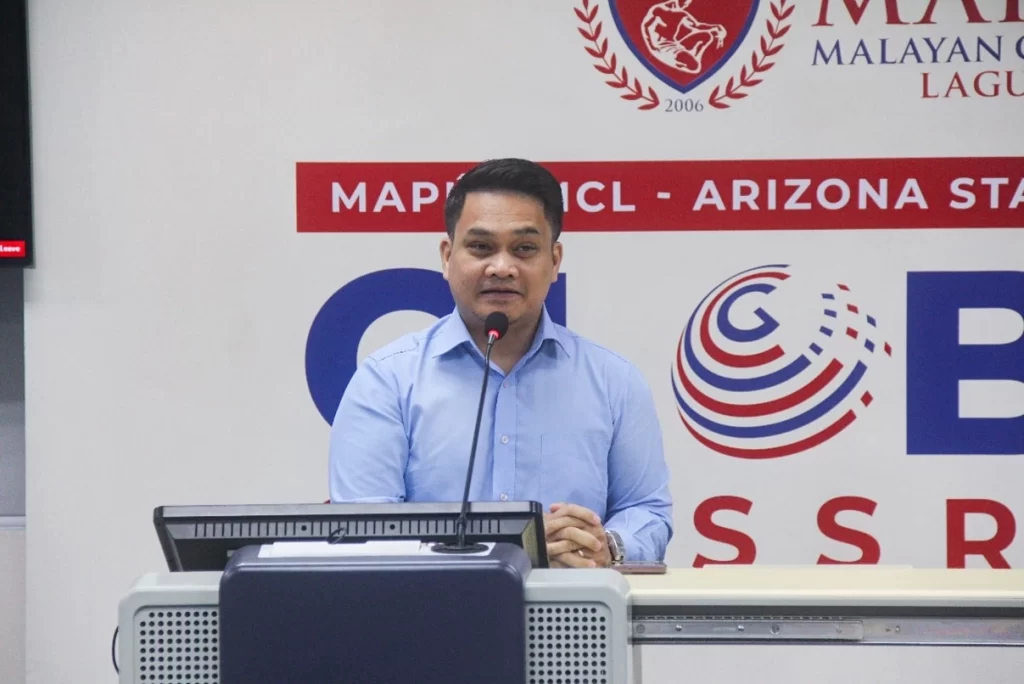
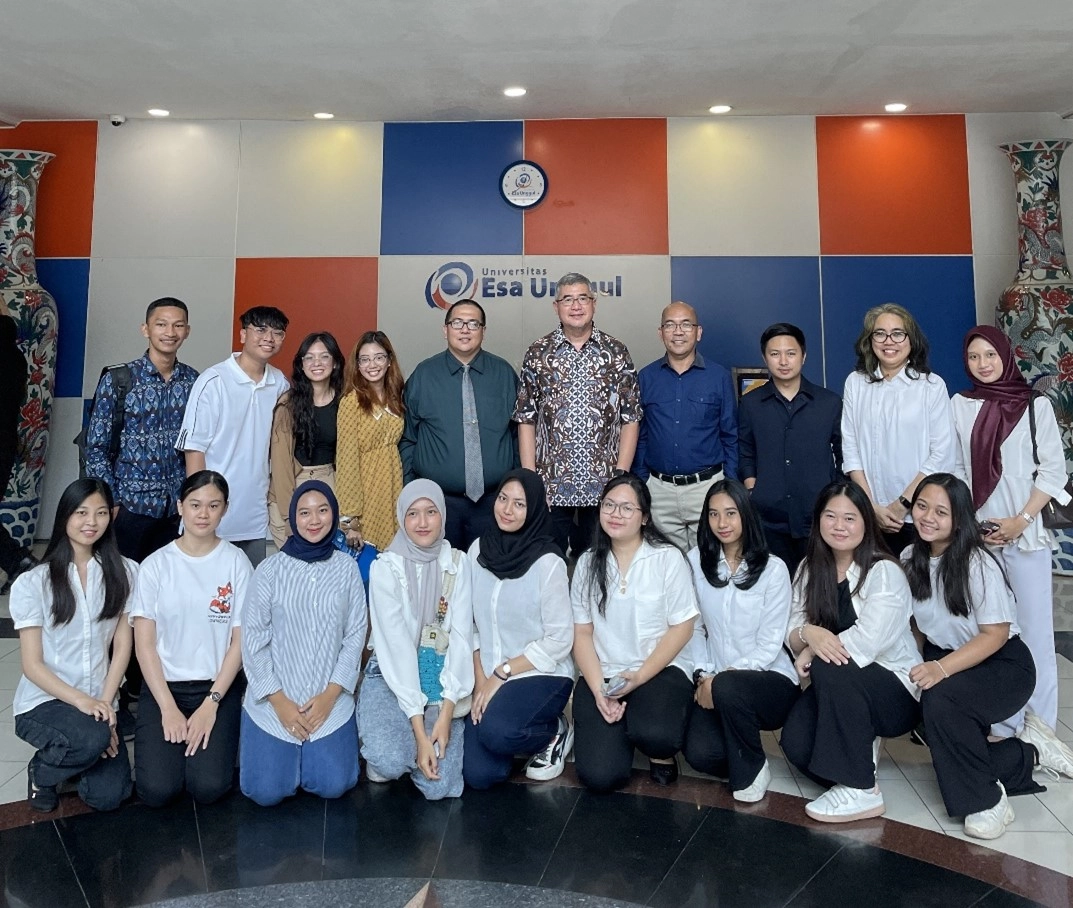
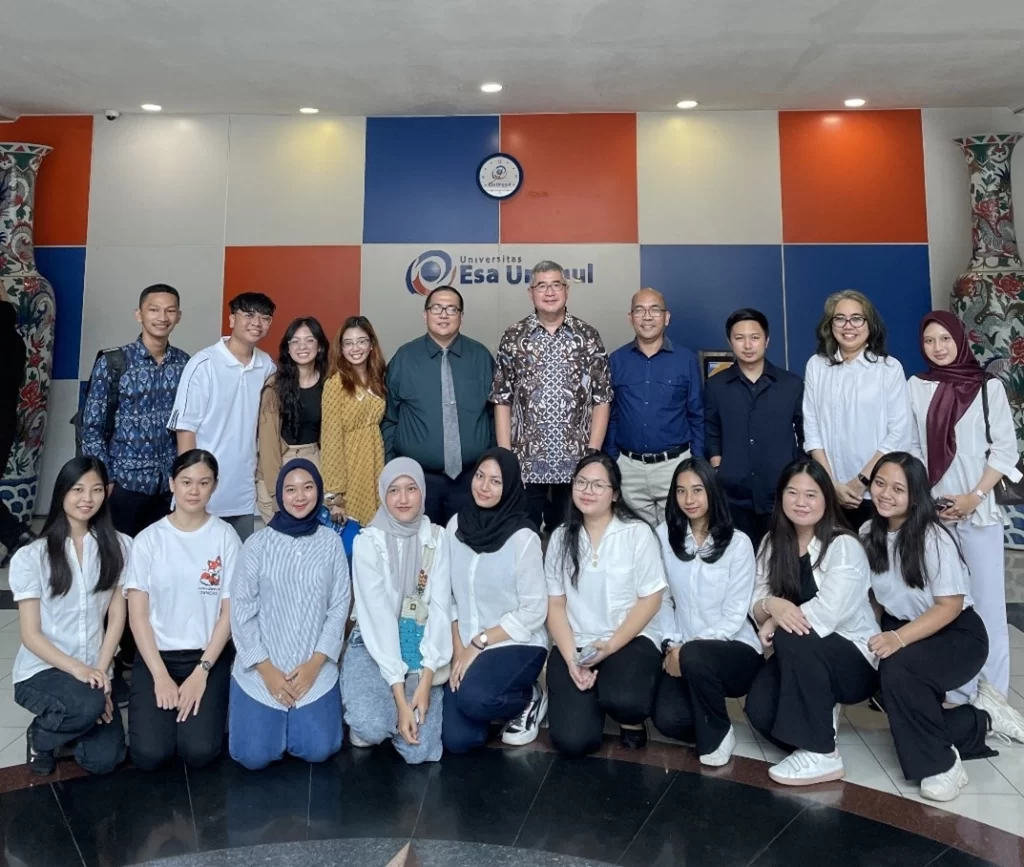
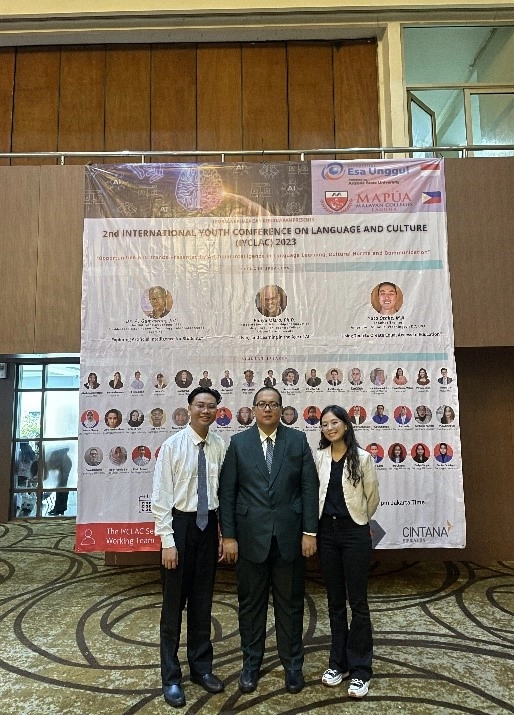
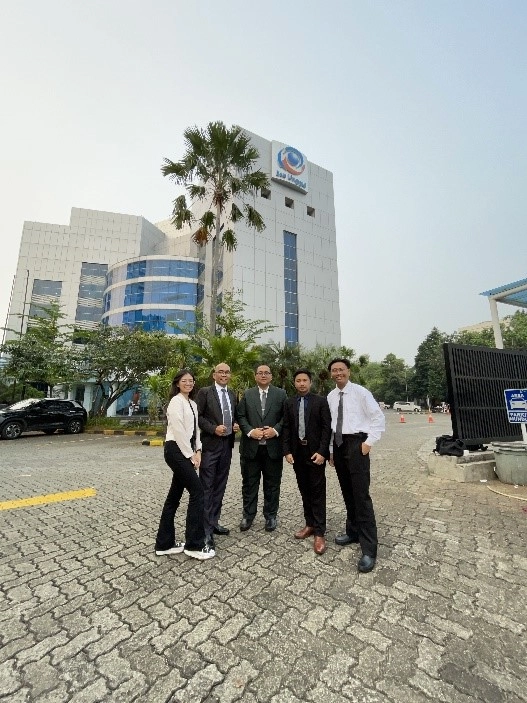
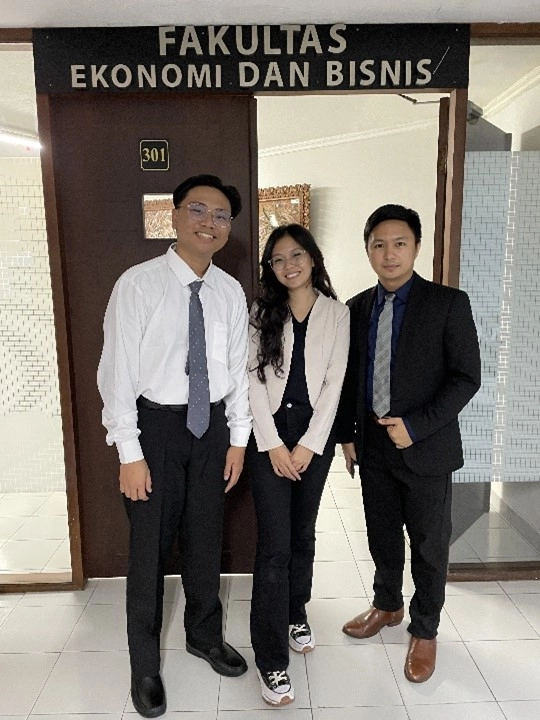
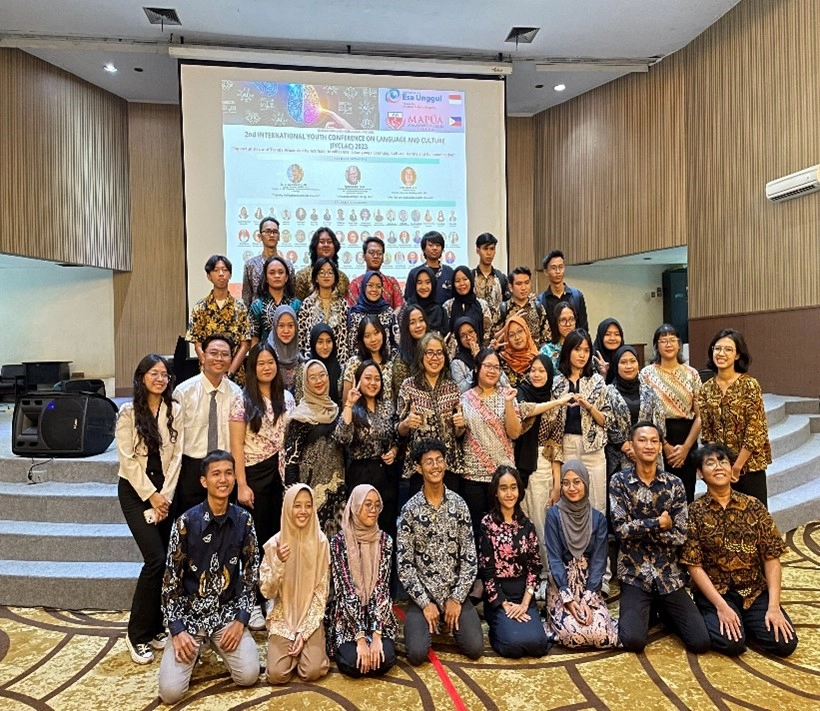
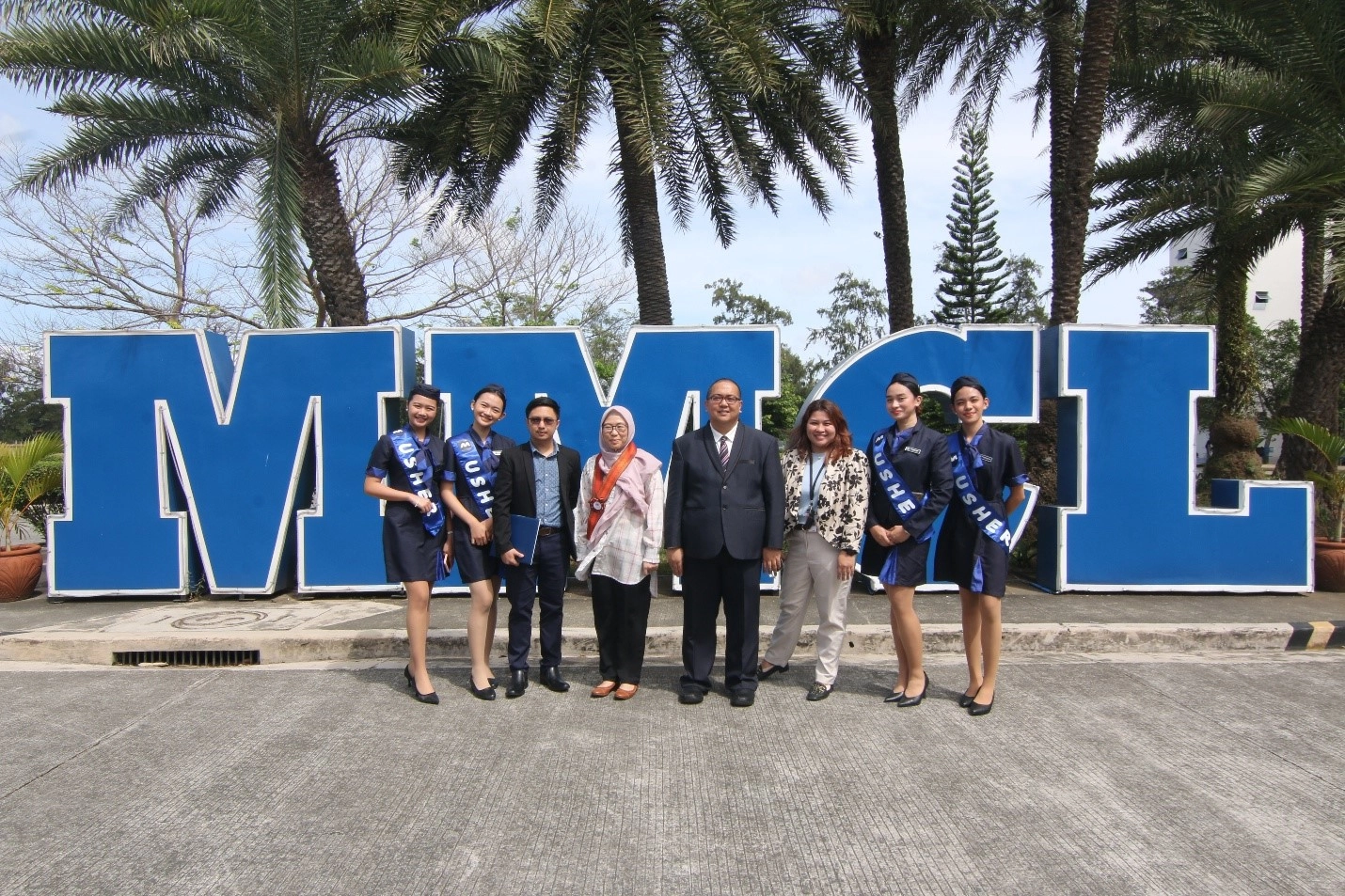
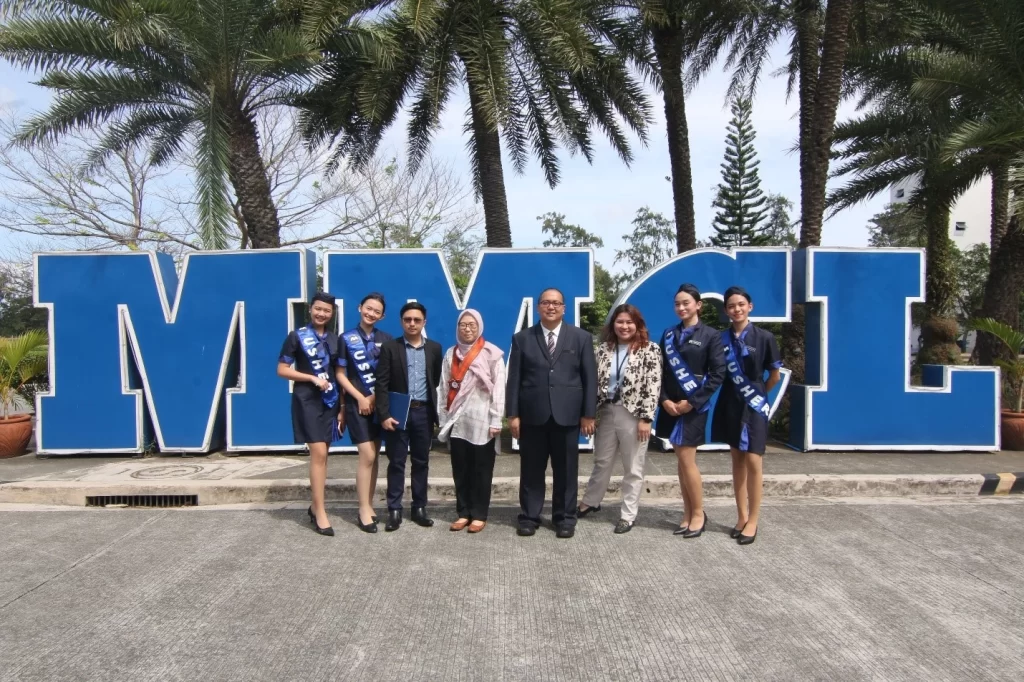
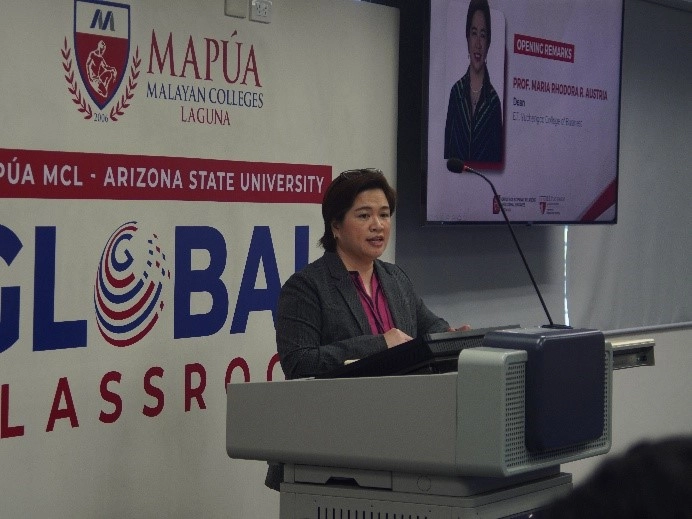
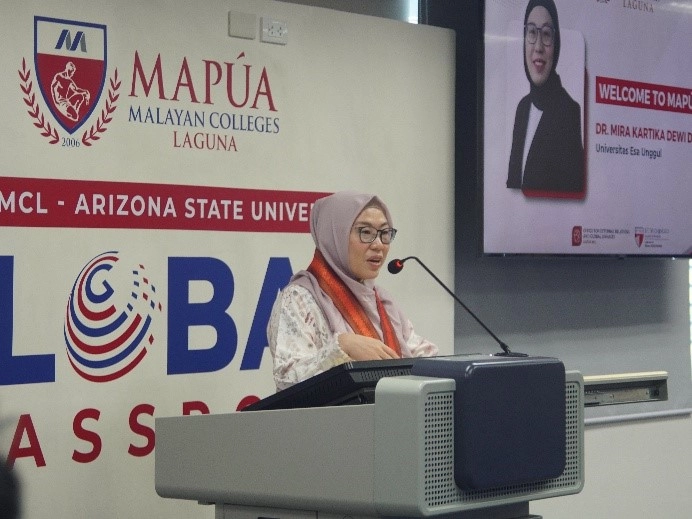
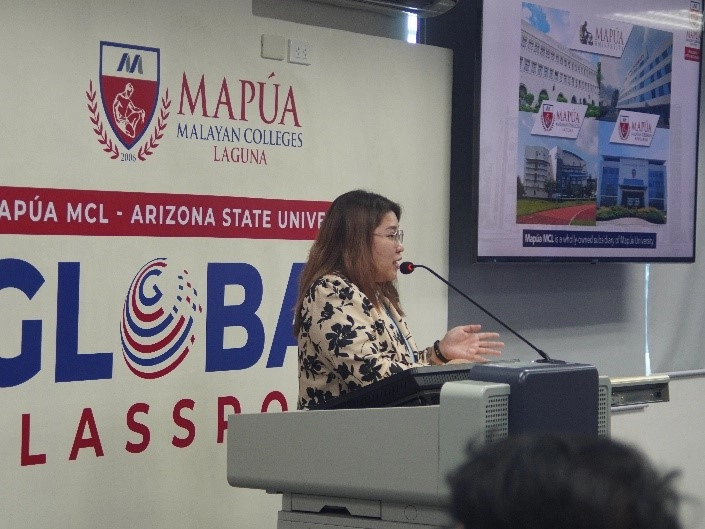
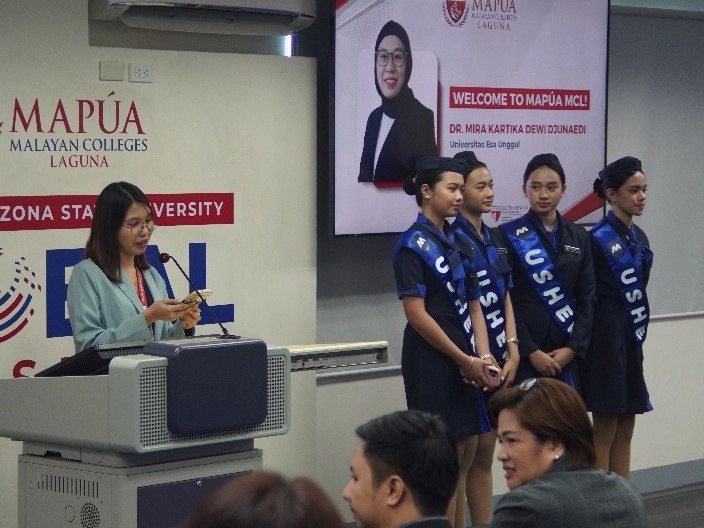
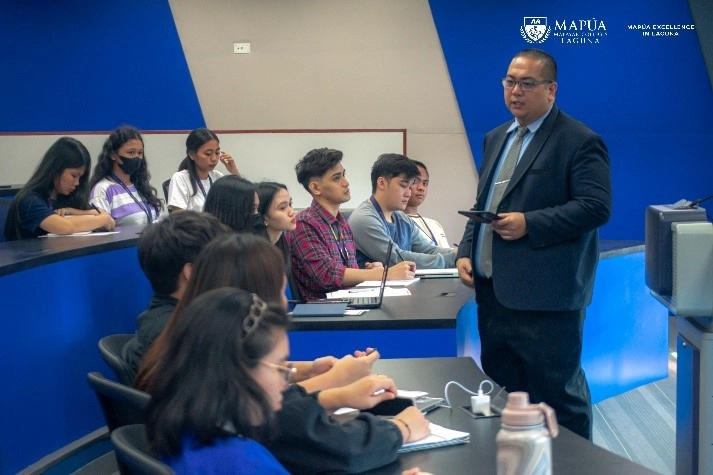
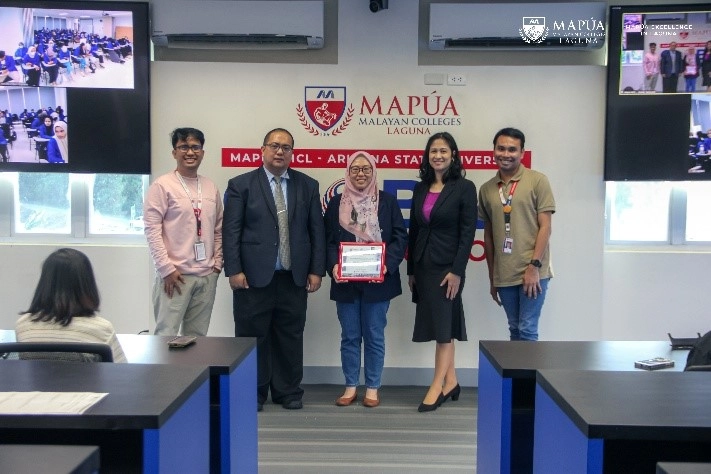
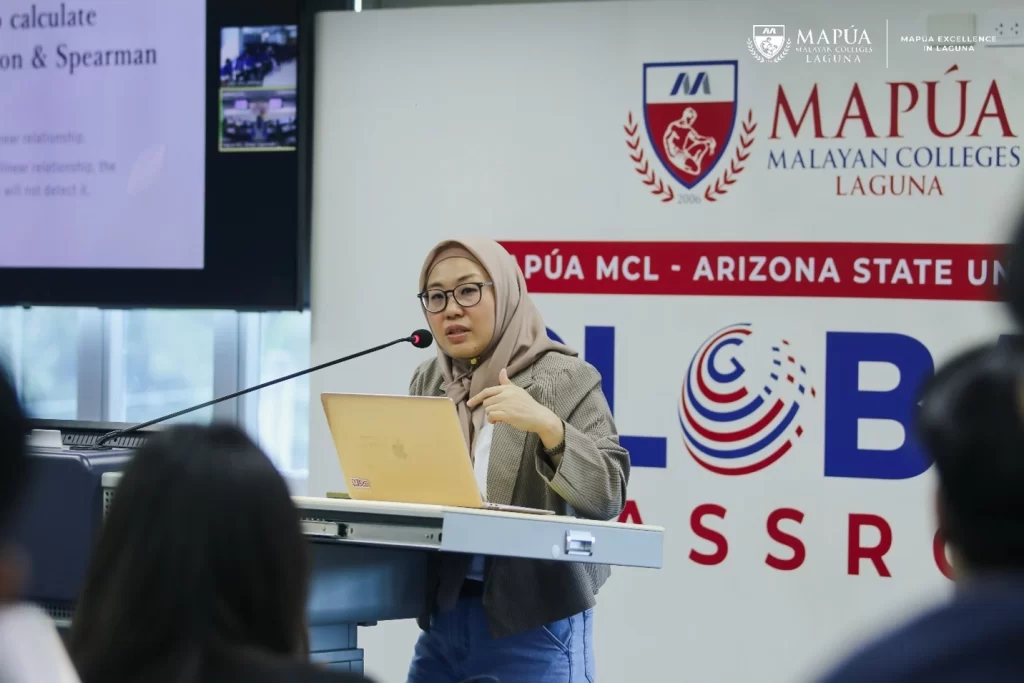
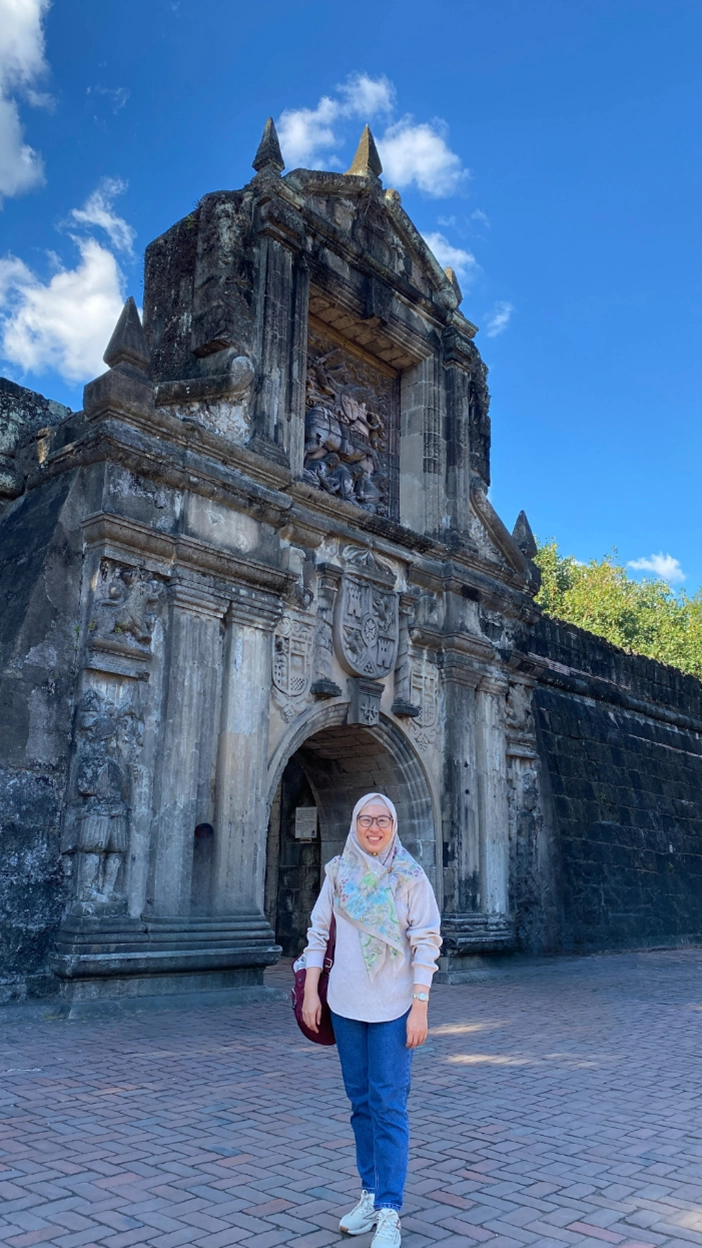
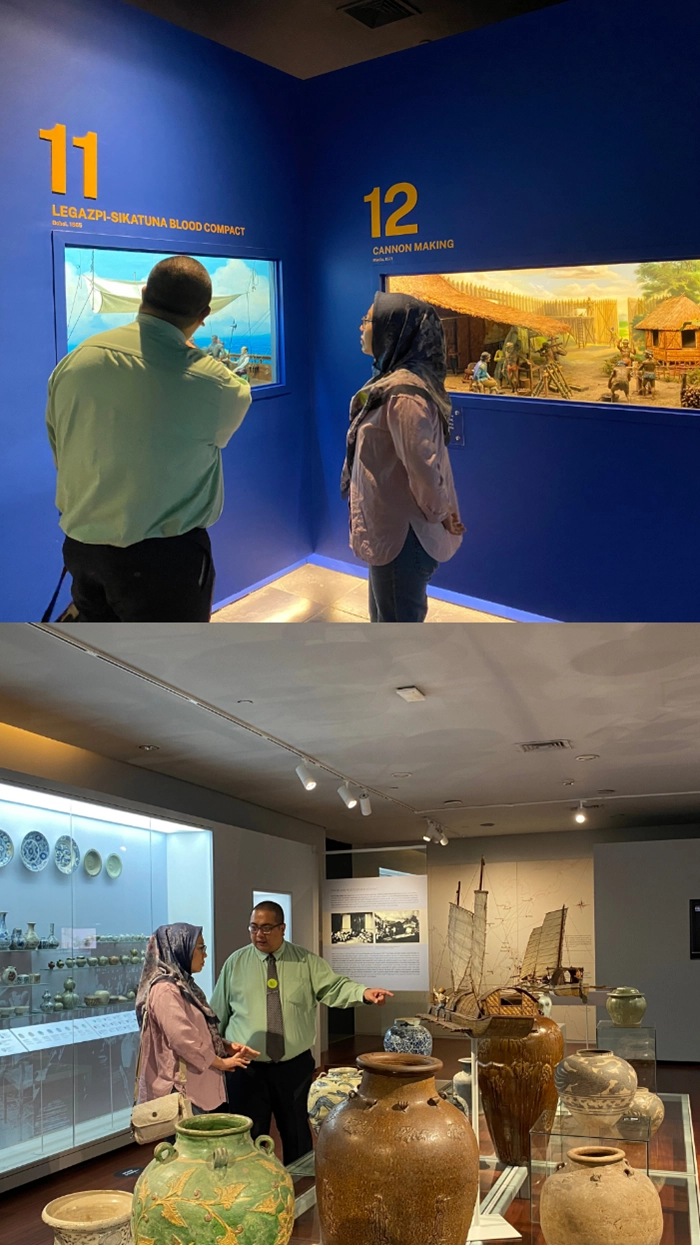
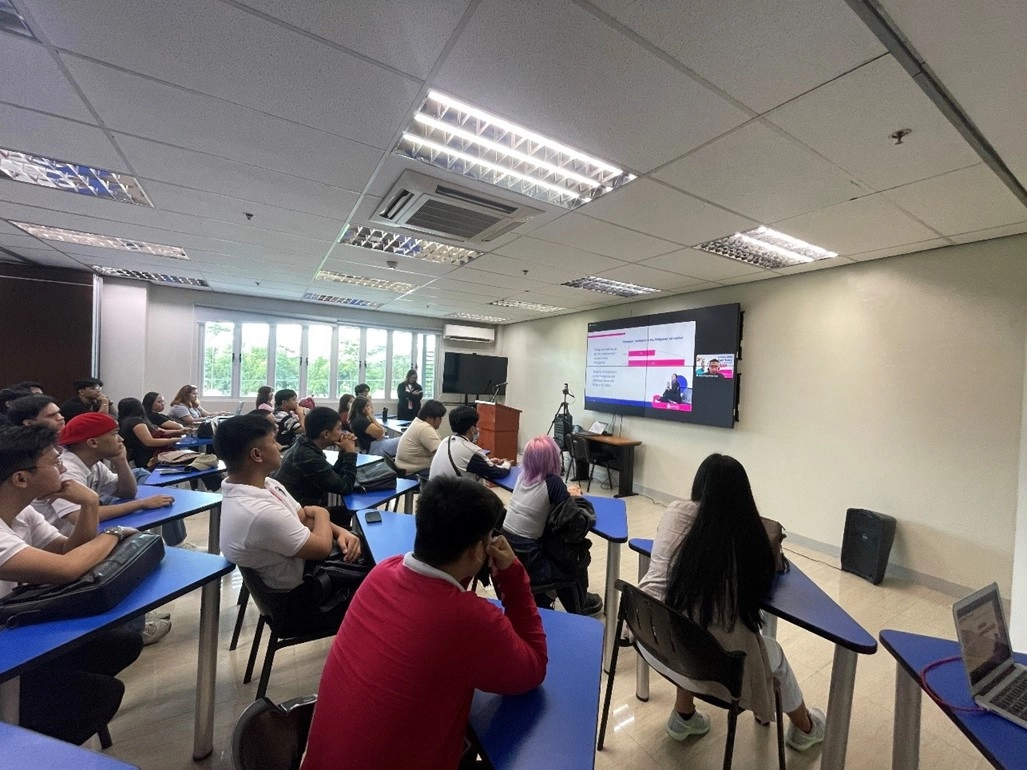
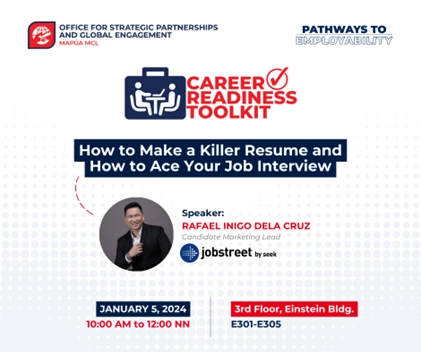
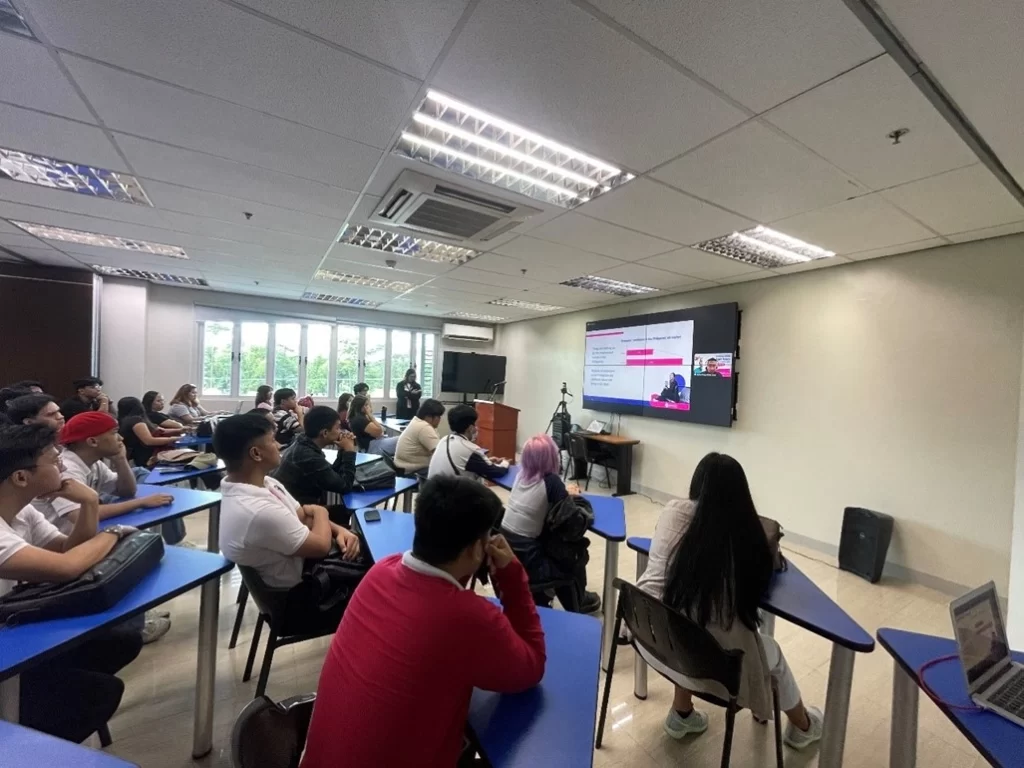
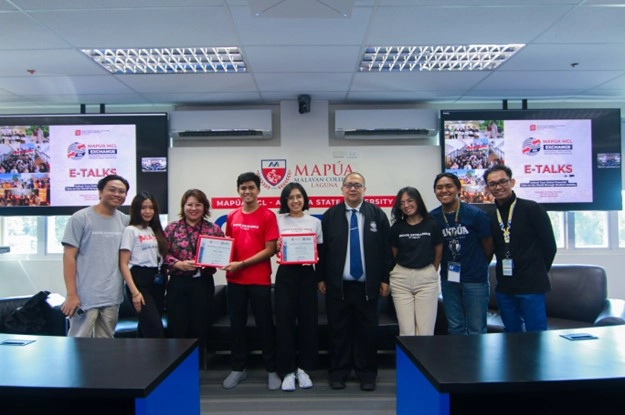
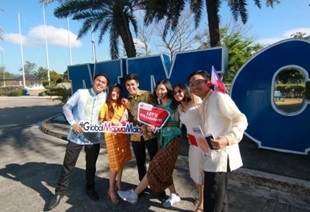 It is firmly attested by the student speakers from UEU and Mapúa MCL that by taking part in this program, students can broaden their knowledge, develop intercultural skills, and prepare themselves to take on the world as professionals.
It is firmly attested by the student speakers from UEU and Mapúa MCL that by taking part in this program, students can broaden their knowledge, develop intercultural skills, and prepare themselves to take on the world as professionals.